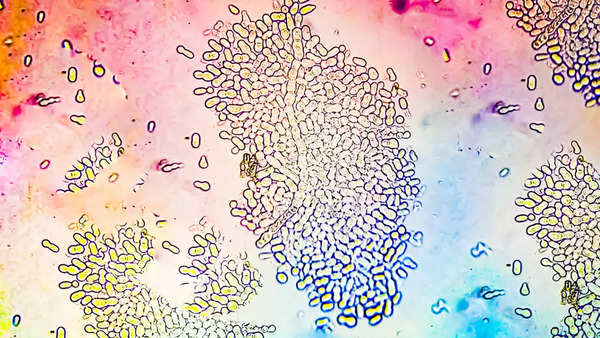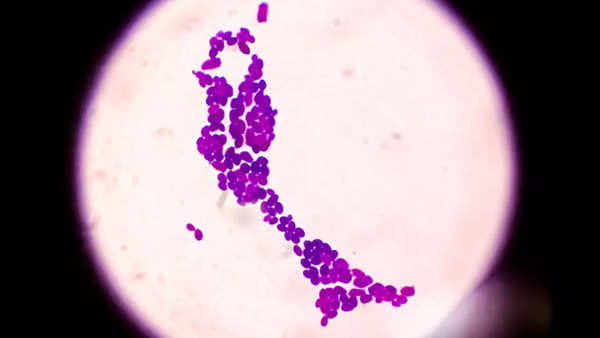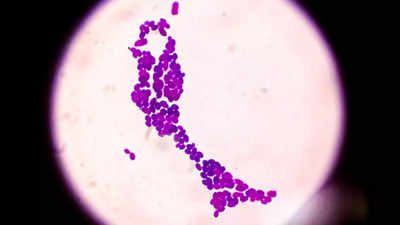Fungal diseases are growing increasingly resistant to treatment, posing a threat to global health, the World Health Organization (WHO) warned.
On Tuesday, Apr. 1, the WHO released its first-ever reports on diagnostic tools and treatments for invasive fungal infections. “Fungal diseases are an increasing public health concern, with common infections, such as candida, which causes oral and vaginal thrush, growing increasingly resistant to treatment,” WHO said.
As the fungi become resistant to currently available drugs, the infection ‘disproportionately impacts’ severely ill patients and people with weakened immune systems, including those undergoing cancer chemotherapy, living with HIV, and organ transplant patients.

“Invasive fungal infections threaten the lives of the most vulnerable but countries lack the treatments needed to save lives,” Dr Yukiko Nakatani, WHO Assistant Director-General for Antimicrobial Resistance ad interim said. “Not only is the pipeline of new antifungal drugs and diagnostics insufficient, but there is a void in fungal testing in low- and middle-income countries, even in district hospitals. This diagnostic gap means the cause of people’s suffering remains unknown, making it difficult to get them the right treatments.”

The health agency said that the fungi in the top ‘critical priority’ category of their fungal priority pathogens list (FPPL) are ‘deadly’ and have mortality rates reaching as high as 88%. As medical advancements enable more people to live with weakened immune systems, the agency predicts a potential surge in these deadly infections unless action is taken.

WHO also looked at a stagnant antifungal drug pipeline, with only four new treatments approved in the last decade by regulating authorities in the United States, European Union, or China. The agency also said that, at present, nine anti-fungal drugs are in clinical development to be used against harsh fungi like FPPL. Only three drugs are in phase 3, which is the final stage, while 22 remain in preclinical research, which WHO notes as an ‘insufficient number’ to feed a clinical pipeline considering the dropout rates, risks, and challenges associated with earlier development stages.
The report also said that the current antifungal treatments are plagued by serious side effects, frequent drug-drug interactions, and the need for prolonged hospital stays, with few options tailored for children. The WHO is pushing for safer, more effective drugs and increased investment in research, surveillance, and innovative therapies, such as those boosting patients’ immune responses.
It also noted that though there are commercially available tests for fungal pathogens, these rely on well-equipped laboratories and trained staff, making them inaccessible to low and middle-income countries. The report also said that health workers often have insufficient knowledge about these infections and their drug resistance.







